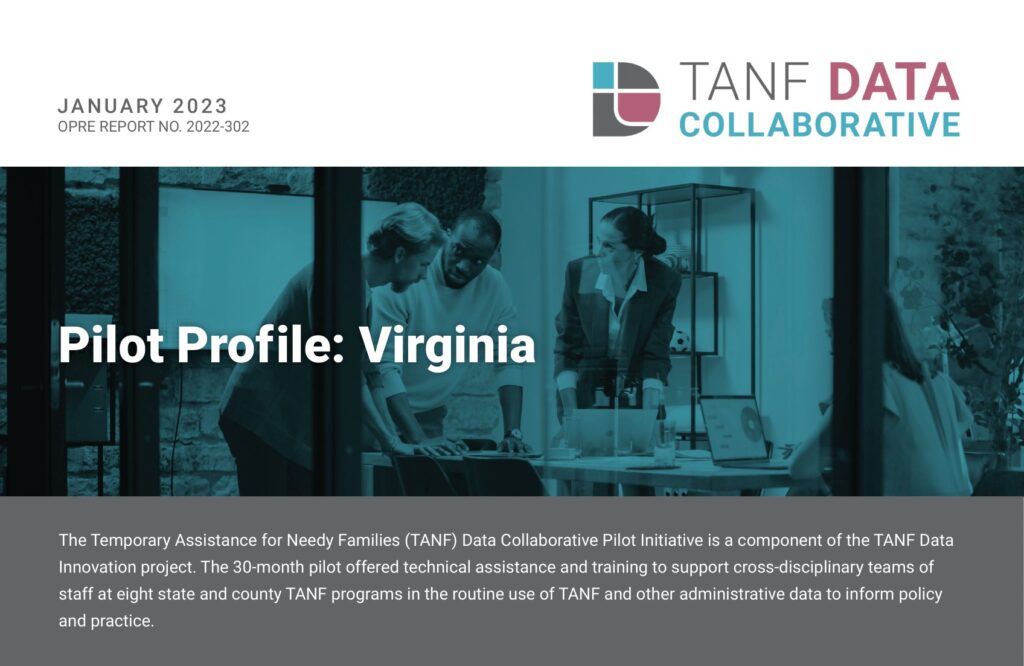Location: United States
-

Contract Specialist
This is a job description for the role of Contract Specialist from the Technology Transformation Services (TTS).
-

Geospatial Application Developer
This is a job description for the role of Geospatial Application Developer from the State of California.
-

Innovation Manager
This is a job description for the role of Innovation Manager from the Montgomery County.
-

Account Manager
This is a job description for the role of Account Manager from the Technology Transformation Services (TTS).
-

Software Engineer
This is a job description for the role of Software Engineer from the New York City Mayor's Office for Economic Opportunity (NYC Opportunity).
-

Product Manager
This is a job description for the role of Product Manager from the Colorado Governor's Office of Information Technology.
-

Senior Data Scientist
This is a job description for the role of Senior Data Scientist from the State of California.
-

Technical Writer
This is a job description for the role of Technical Writer from the State of California.
-

TANF Data Collaborative Pilot: Analytical Tools for Education and Employment Services in Virginia
The Temporary Assistance for Needy Families (TANF) Data Collaborative Pilot Initiative is a component of the TANF Data Innovation project. The 30-month pilot offered technical assistance and training to support cross-disciplinary teams of staff at eight state and county TANF programs in the routine use of TANF and other administrative data to inform policy and practice.
-

DevOps / Site Reliability Engineer (IT Specialist)
This is a job description for the role of DevOps / Site Reliability Engineer (IT Specialist) from the Technology Transformation Services (TTS).
-

Strategic Procurement, Contracting, and Budget Specialist
This is a job description for the role of Strategic Procurement, Contracting, and Budget Specialist from the Colorado Digital Service (CDS).
-

Associate Director, Programs and Evaluation
This is a job description for the role of Associate Director, Programs and Evaluation from the New York City Mayor's Office for Economic Opportunity (NYC Opportunity).